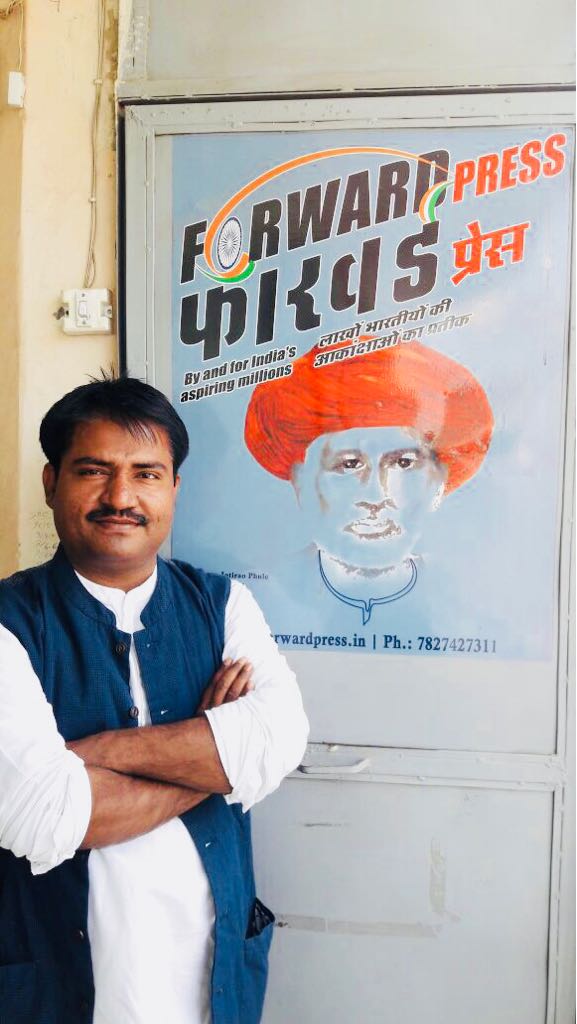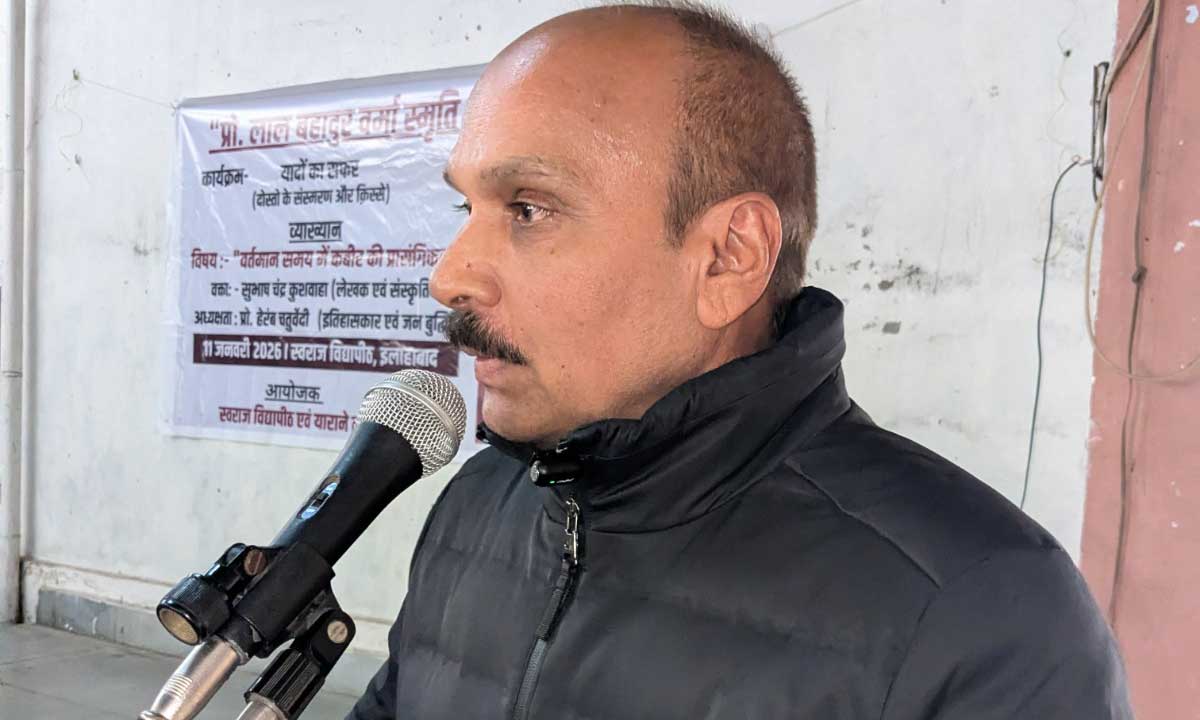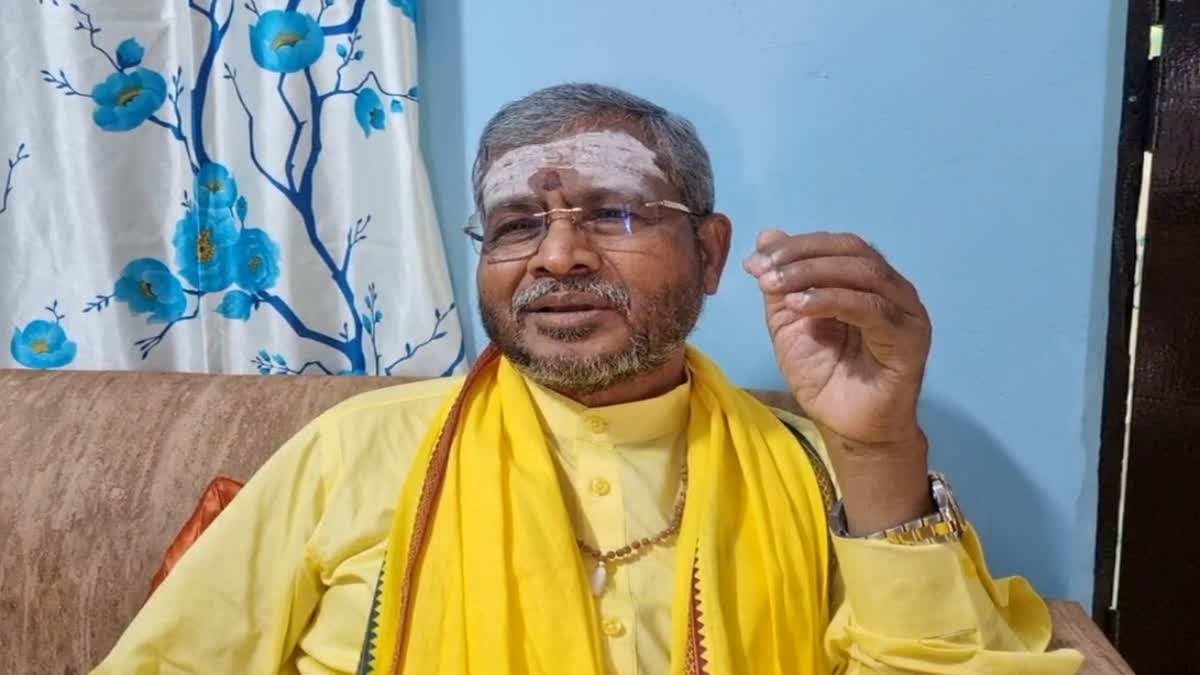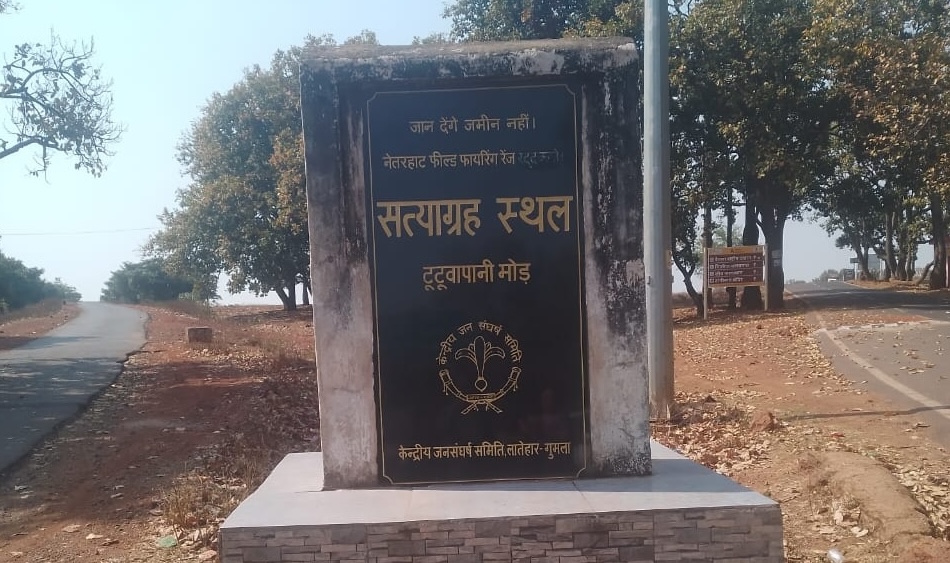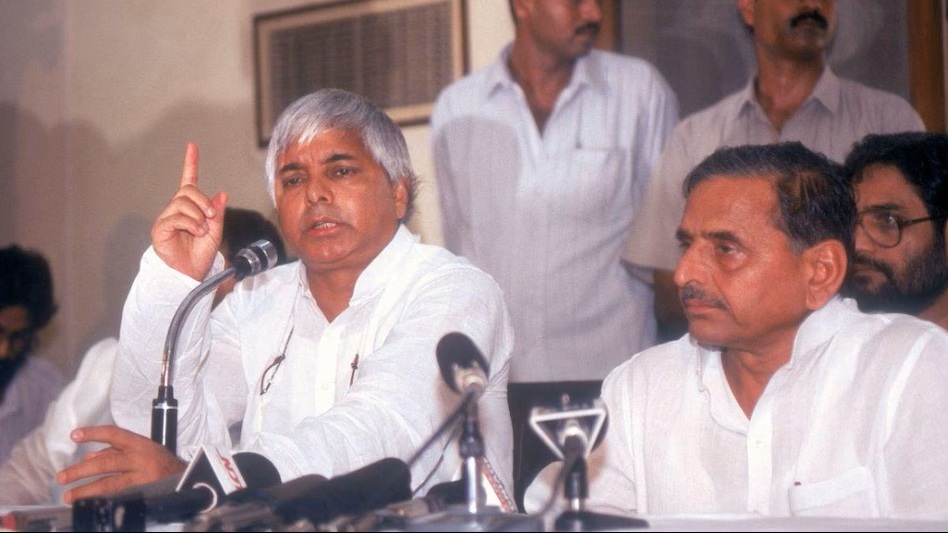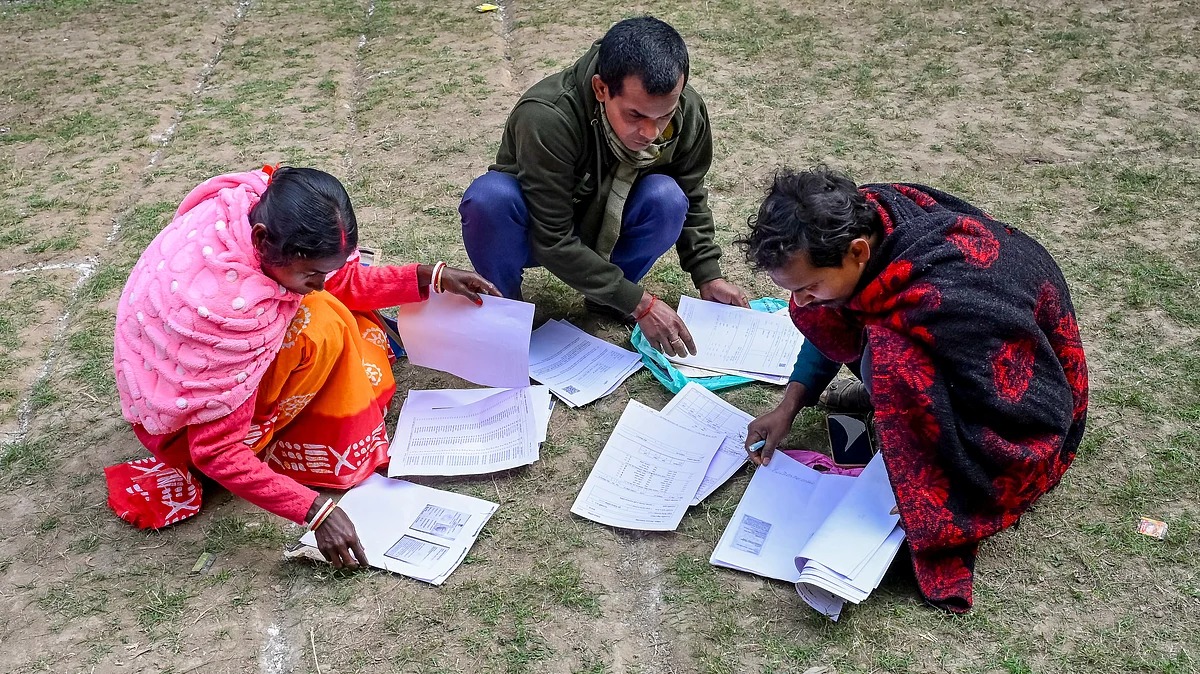For the Backward Classes of Bihar, the day 23 December 1971 turned out to be historic. It was on this day that the state government constituted a Backward Classes Commission. The Congress party was in power and Bhola Paswan Shastri was chief minister. Mungeri Lal was named chairperson of the commission. The commission submitted its third report to the state government on 23 January 1976. It recommended quotas for the Backward Classes in different categories of government jobs – 25 per cent in Group A, 33.13 per cent in Group B and 40 per cent each in Group C and D. The idea, apparently, was that the members of the Backward Classes should not remain confined to the Group C and Group D jobs but should get adequate representation in Group A and Group B.
The recommendations of the Commission were implemented in 1978 by chief minister Karpoori Thakur with some amendments. A 12 percent quota was set aside for Extremely Backward Castes (EBCs), eight per cent for Backward Castes (BCs) and three per cent each for women and economically backward upper castes. But despite that, the upper castes kicked up a big row. Expletives were hurled at Karpoori Thakur from public platforms. His decision was dismissed as a pipe dream – “Mungeri Lal Ke Haseen Sapne”.
Defending its recommendations, the Commission, in its report said, “Special provisions should be made for socially backward and unlettered people, even if they, to some extent, hurt the rights of the advanced communities. Clearly, for the success of democracy, it is essential that all citizens progress and none remain backward. Everyone should get equal opportunities and if this good, unblemished idea encroaches upon the interests of the advanced classes to some extent, it can’t be wrong. For the progress of this great nation, we need to let the vast communities that have remained backward to date and have faced exploitation move forward.” (Backward Classes Commission, Government of Bihar, Third Report, p 16).
Questions on the criteria for identifying the Backward Classes cropped up during the implementation of the report. So much so that Yamuna Prasad Singh, one of the members of the commission, stated that income should be the determiner of backwardness. But the other members weren’t in agreement and empathically so. The report said, “While determining who is socially and educationally backward, we need to take into the account the vices informing our society. The right answer to this question has to take societal realities into account. Had our society been equal, had there been no exploitation, there would have been no need for such provisions [like reservations]. Our society is divided into classes, which can be identified by their varna. The varnas are further divided into castes. It is our religion that has propounded the concept of varnas. The characteristics, the occupation and the rights of each varna are pre-determined. This country is populated by the followers of many religions. But the varna system is recognized and accepted by innumerable communities whose rise or fall will decide whether this country rises or falls. The argument that these communities have divided themselves into castes and varnas for division of work is fallacious and an attempt to cover up the reality. The division has been propounded by religion and spirituality and is subversive. Hinduism is based on the Manusmriti. Hence, for the advancement of such a society, it is imperative to ensure the progress of castes which have been branded Shudras and exploited since time immemorial. The Commission is of the view that this reality shouldn’t be ignored, and in fact, to resolve it, it should always be confronted. That’s why the idea of using income as a criterion for identifying socially and educationally backward classes is misleading. Caste has to be the basis for such an identification.” (ibid)
Be that as it may, the Backward Classes Commission headed by Mungeri Lal is often perceived as a body that confined itself to the issue of reservations. That is not correct. The commission recommended a series of measures for the all-round development of the various castes designated Backward Classes, especially the Extremely Backward Classes. The commission also dwelt on the plight of the small farmers. It said, “A subsidy of up to Rs 1,000 each should be provided to poor farmers from the backward classes to help them reform farming. Monetary help should be provided to them for purchasing ploughs, bullocks, farm implements, seeds of improved varieties, etc. If the recipients of the subsidy show promise, arrangements should be made for providing them loans at a nominal rate of interest.” (ibid, p 44)
In the interest of the EBCs, the Commission recommended: “To better the economic status of the members of the Extremely Backward Castes, milch cattle – either buffaloes or cows – should be provided to them by the government. To ensure that this facility is not misused, it would be better if these cattle are handed over to them publicly at meetings of the Panchayats or Block Cattle Development Committees. Subsidy should also be provided to them for rearing goats and poultry and for fisheries.” (ibid, p 45)
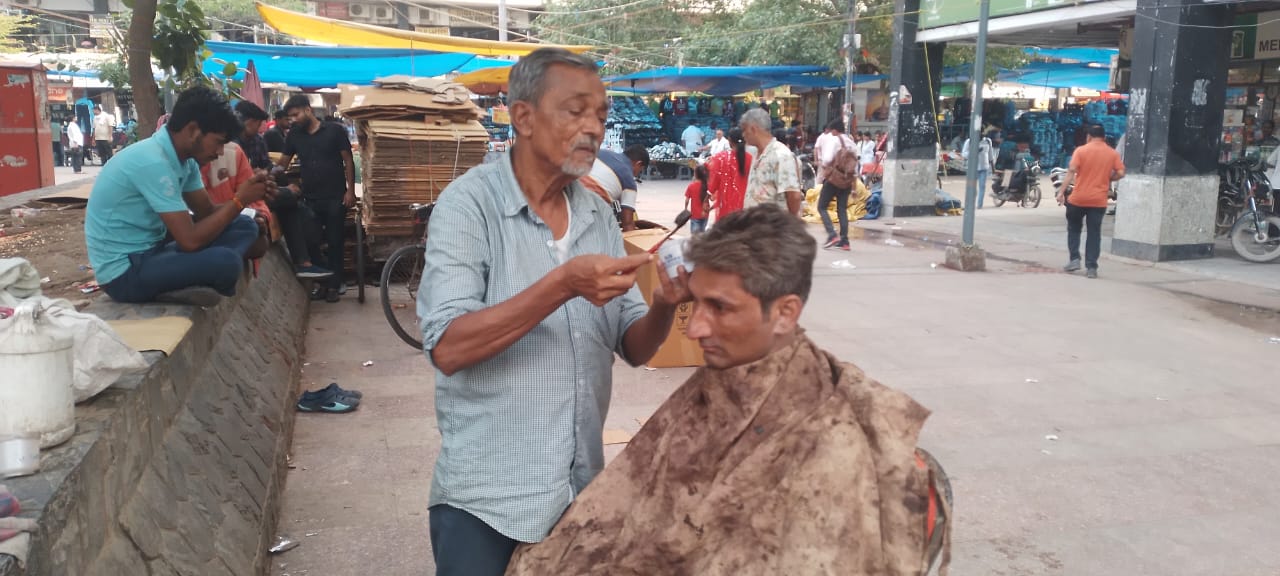
The Commission also dwelt on specific castes, detailing the difficulties they face in their traditional occupations, and offered solutions to improve their condition. For instance, talking about Mallahs (boatsmen and fishermen), an EBC, it said, “Under the Five Year Plan, the government has constituted Matsyajeevi Sahyog Samitis [fishery cooperatives) and Naav Yatayat Sahyog Samitis [water transport cooperatives] for bettering the economic condition of the Mallah community. The notifications through which the government handed over the management of Machliwala Jal Kar [fishing tax] and Makhanawala Jal Kar [makhana harvesting tax] to Matsyajeevi Sahyog Samitis and of ghats [river ports] to Naav Yatayat Sahyog Samitis have not been incorporated into the Bihar Land Reforms Act. As these notifications don’t have a legal status, the courts do not recognize these bodies and as a result, the Commission was told, the Samitis are facing difficulties in acquiring the management of Jal Kar, Makhana Kar and Ghats.” (ibid, p 46).
On the condition of the Lohar community, the Commission opined: “The members of this caste are extremely backward. They don’t have enough farmland. Making iron implements is their key occupation. The Commission recommends that necessary training, machinery and financial assistance be provided to them so that they can modernize the way they work.” (ibid)
About the Nai (barber) caste, the commission said, “The traditional occupation of this caste is an essential service. Salons are being opened in the cities where members of this caste provide services like haircuts and shaves. But the owner of the salon is invariably from some other community. The result is that the Nai community doesn’t benefit as much as it should. Hence, loan and financial assistance should be provided to them so that they can start their own salons in the cities.” (ibid, p 47)
Referring to the Kumhar (potters), the Commission said, “This caste has played a key role in the development of Indian civilization and society. They make pots for cooking and serving as well as special kinds of bricks for building houses. That is how they make ends meet. Even in this progressive and scientific age, their own homes have roofs of khappar (baked tiles of soil). Before the elimination of zamindari, they faced no problems in procuring soil or sand and in baking mud pots. But now, every inch of land in villages has either come under farming or has been vested in the local block or district Panchayat. That has given rise to challenges for members of this caste. We recommend that they be entitled to digging soil and sand from government land without harming public interest. The government should, from time to time, encourage the artisans adept in the art. They have had to take loans for their work and as a result are perennially indebted. Hence, the government should arrange for loans at low interest rates and provide subsidies.” (ibid)
Similarly, about the Garedia (shepherd) caste, the Commission said, “Sheep rearing and weaving blankets is the chief occupation of this caste. They complain of a lack of grazing grounds for their sheep. With each passing day, more and more fallow land is coming under human habitation.” The commission’s suggestion for the government is to direct forest department officials to arrange grazing grounds for shepherds. Sheep of advanced breeds should be imported from abroad and provided to the shepherds for improving the breed of the local stock. Sheep contract multiple infectious diseases, which most succumb to within a few days. The government should train the shepherds to treat the sheep. Weaving blankets, etc, using wool obtained by shearing sheep is the chief occupation of the people of this caste. The commission recommends that the government arrange training for them so that they can develop their traditional occupation and make carpets and shawls. That would ensure that they can produce high-quality products and thus improve their financial condition. The commission also recommends the setting up of a sheep-wool development board in the state.” (ibid, pp 47-48)
About the Sonar (goldsmith) caste, the Commission said, “Sonars enjoy pre-eminence among the Backward Classes. They craft gold, silver and copper ornaments both for the poor and the rich, some of which may not fetch much while others can be quite expensive. The buying and selling of these metals is their chief occupation. This caste uses its skills to serve society and make a living. From the ancient times until today, they have been serving everyone from the emperors, kings and nawabs to the poor dwelling in huts. The ornaments from the treasure troves of the former kings, emperors and nawabs that have come into the possession of the Government of India are specimens of extraordinary craftsmanship of the members of this caste. This caste has played a key role in making idols of the deities and statues of revered personalities of different sects, thus preserving the ancient and modern civilization of India. Products of their exquisite craftsmanship can be seen in the museums, temples, mutts and other places that draw visitors. However, despite this, the socio-economic and educational status of most of the members of this caste is pathetic. Only a handful among them are happy and prosperous. Most are forced to sell their skills for a pittance. The implementation of the Gold Control Act and the ban on making ornaments of pure gold may have benefited the country but the lakhs of goldsmiths are in dire straits. To compensate for their loss, the government launched schemes to provide scholarships and free education to their children and also provide them with other sources of livelihood. But despite all this, their condition is pathetic. Given the services they have provided to ancient and modern India, government jobs or other employment should be arranged for them.” (ibid, pp 48-49)
Neither did the Mungeri Lal Commission ignore farm labourers. The report said, “The commission suggests that a committee be appointed for identifying and resolving the problems faced by farm labourers. This committee should also include an office-bearer of the Adivasi Kalyan Shodh Sansthan, who should undertake necessary research pertaining to the matter.” (ibid, p 49) Clearly, the members of the Commission were aware of the fact that besides Scheduled Castes (Dalits) and Other Backward Classes (OBCs), members of Scheduled Tribes (Adivasis) also work as farm hands.
That is not all. The commission was also of the view that the poor should have some form of employment. It said, “The commission emphatically recommends that the Employment Guarantee Scheme, referred to in the preface to the first report, be launched so that OBCs benefit from it.” (ibid)
The commission, whose recommendations were mocked by the upper castes as “Haseen Sapne”, was also not oblivious to the difficulties faced by the rickshaw-pullers – an ample proof of its sensitivity. Its report said, “Most of the rickshaw-pullers are SCs, STs and OBCs. Those in this line of work in big cities often come from far-off villages and it is impossible for them to rent a house to live in. Housing is a big challenge for them. The commission suggests that two-to-three-storey housing complexes be built for them in the cities with a room for each person. The complexes should also have canteens and the rickshaw-pullers should be charged a nominal rent.
The bitter truth, however, is that Mungeri Lal Commission’s recommendations on issues other than reservations were never discussed and their implementation is still awaited.
(Translation from the original Hindi by Amrish Herdenia)
Forward Press also publishes books on Bahujan issues. Forward Press Books sheds light on the widespread problems as well as the finer aspects of Bahujan (Dalit, OBC, Adivasi, Nomadic, Pasmanda) society, culture, literature and politics. Contact us for a list of FP Books’ titles and to order. Mobile: +917827427311, Email: info@forwardmagazine.in
